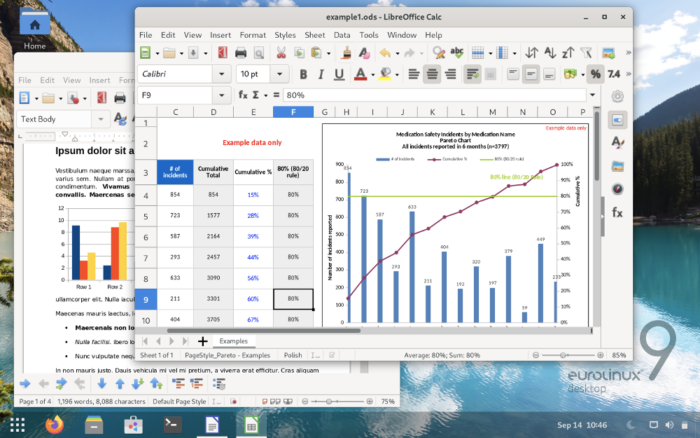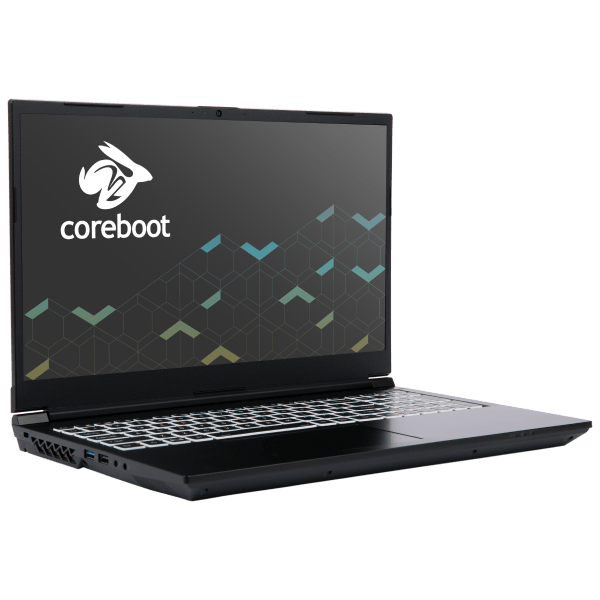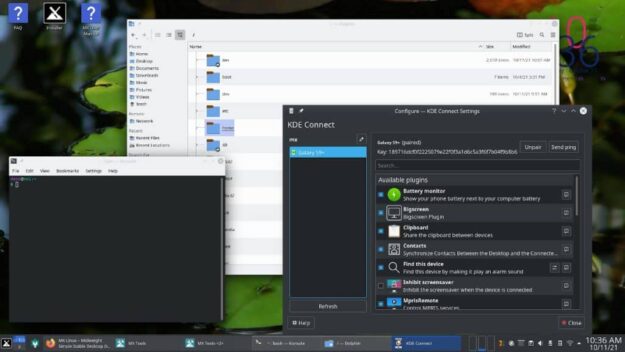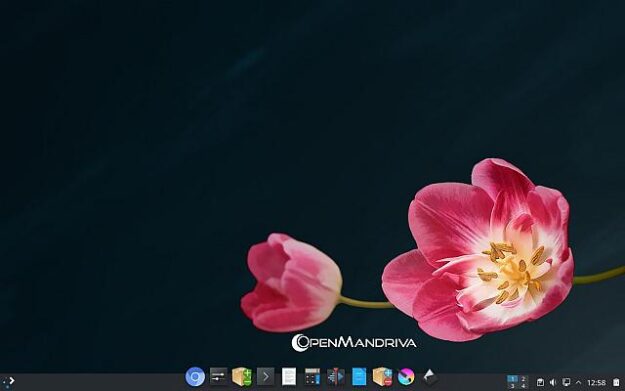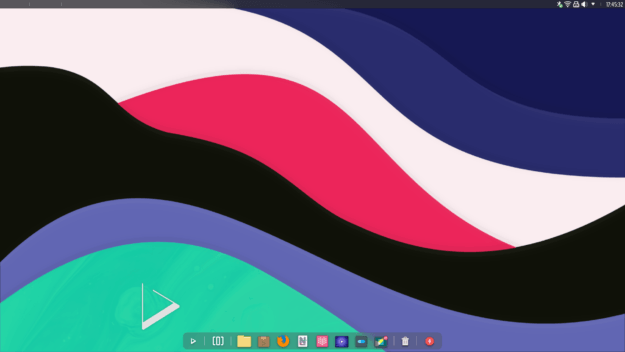Ubuntu 23.04 not only brings many new features to the table for enterprise users, it has plenty of features to please its home-user base as well.
Posts published in “Distros”
EuroLinux, the Poland-based company behind the RHEL clone by the same name, has announced the first point release of EuroLinux Desktop, a desktop Linux distribution that was unveiled in September.
Not long after updating its Pangolin laptop line, System76 is at it again, with a new updated version of its Gazelle laptop.
Somebody should make a movie of this story, with Red Hat as the damsel who finds her power, and Oracle cast as the volatile leading…
Red Hat's community Fedora distribution handily wins in the reboot of our annual "Best Linux Distro" poll, followed by Pop!_OS and MX Linux. Thanks to generous contributions from All Things Open and SCALE, the winning project gets conference tickets, t-shirts, and hats!
There's more at stake than merely bragging rights. This year's winning Linux distribution will receive passes to All Things Open and SCALE, as well as t-shirts and hats.
The qualifying round of the reboot of our annual Readers’ Choice Best Linux Distro Poll ended today with MX Linux at the top, followed by…
The folks at OpenMandriva say that with this release, the new rolling release option, ROME, is ready enough for most use cases, although production users should wait for the "all clear."
Who's going to get bragging rights this year? The last two times we did this, Arch was the winner -- and the first time we did it, Ubuntu took home the prize. Call out the troops and get bragging rights by making your favorite our "Best Linux Distro."


